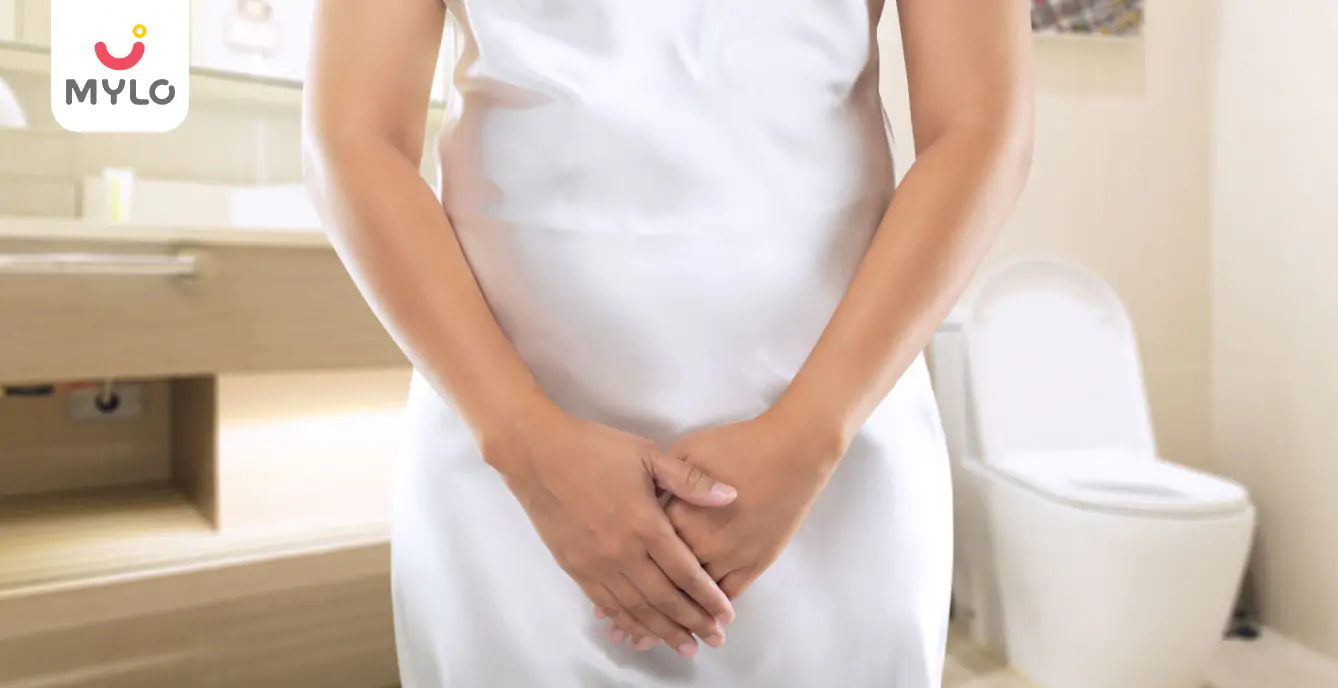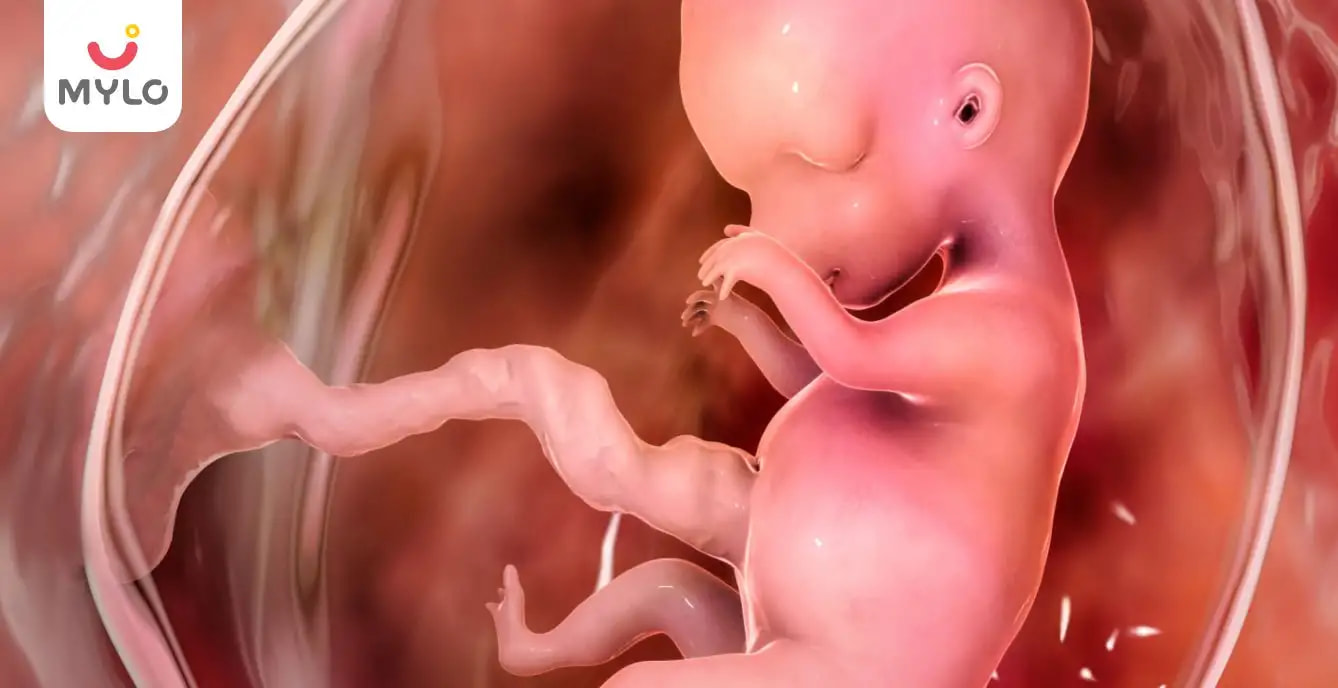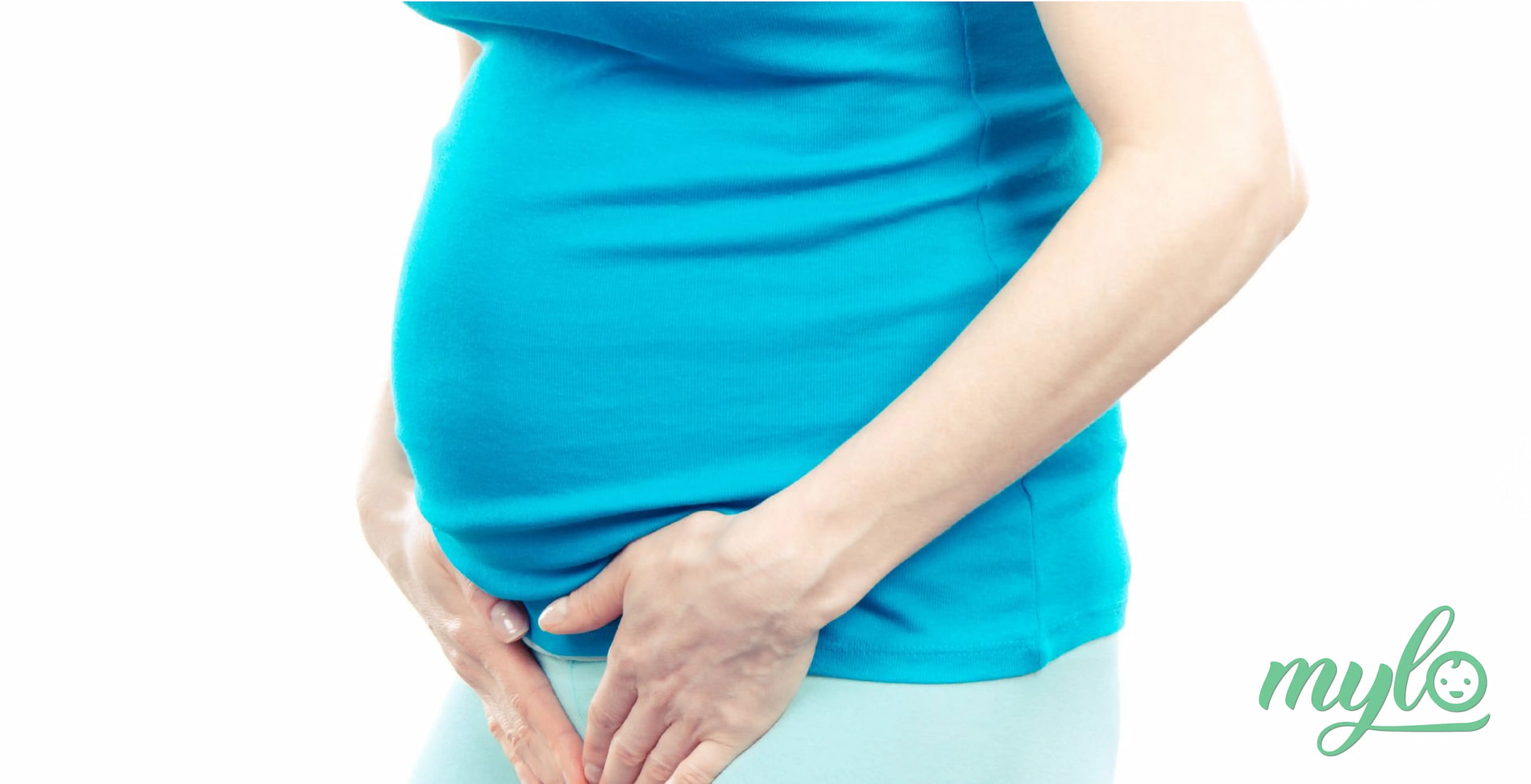Home

Scans & Tests

High WBC in Pregnancy (Leukocytes): Symptoms, Causes & Treatment
In this Article
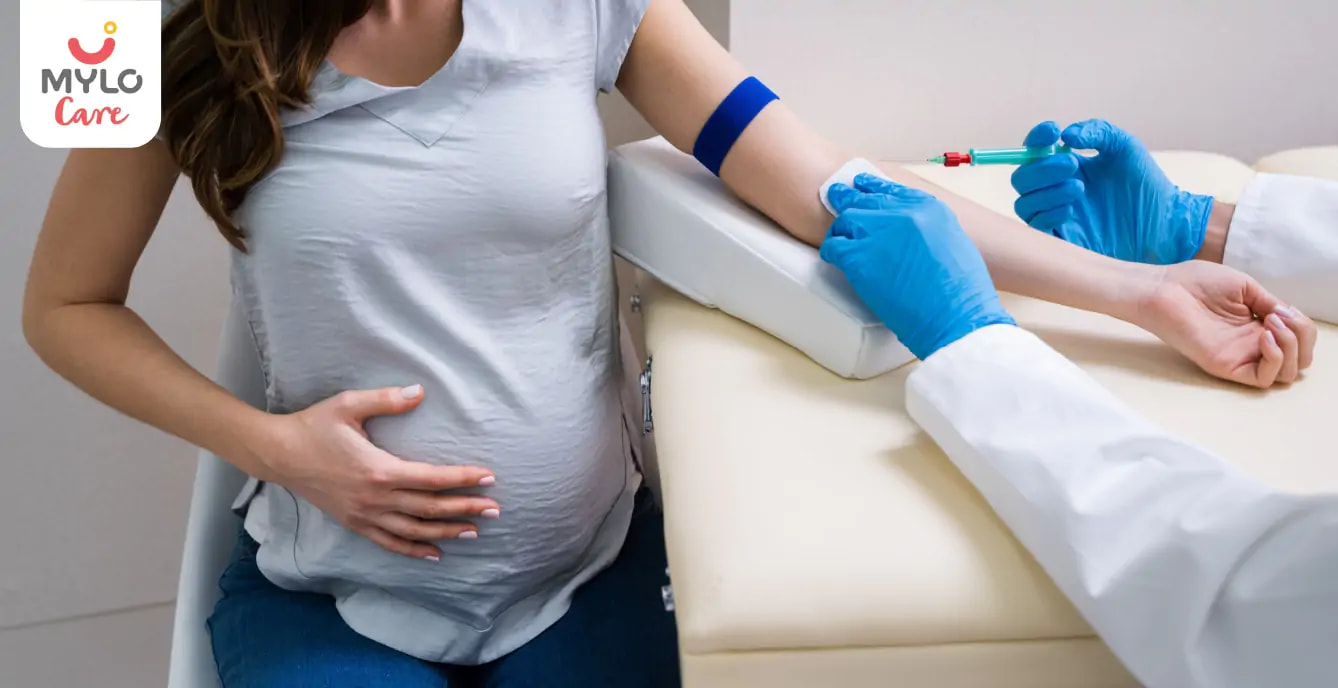
Scans & Tests
High WBC in Pregnancy (Leukocytes): Symptoms, Causes & Treatment
Updated on 9 April 2024



Medically Reviewed by
Dr. Shruti Tanwar
C-section & gynae problems - MBBS| MS (OBS & Gynae)
View Profile

Pregnancy is a strange time in any woman’s life, where undergoing medical tests, racking your brain over reports and visiting doctors become routine tasks. Your doctors too become obsessed with your health vitals, from blood pressure levels to blood cells count. One such vital that may alert you and your doctors is a high WBC in pregnancy. High count of WBC or leukocytes can indicate the presence of inflammation or infection in the body.
But don’t worry, in this article, we will understand WBC count in pregnancy, what is normal, the symptoms and causes for high WBC count in pregnancy and further course of action.
What is WBC Count?
It is common for doctors to monitor various aspects of a woman's health during pregnancy, including her white blood cell (WBC) count. White blood cells, also known as leukocytes, are an important aspect of the immune system and play a key role in fighting off infections and diseases. WBCs include lymphocytes, neutrophils, basophils, and eosinophils, together these WBCs protect the body from illnesses and other health issues.
When an infection attacks the immune system, the body produces WBCs (white blood cells) in high amounts to ward off those infections. The WBC count is a measure of the number of white blood cells in a specific volume of blood. It is usually expressed as a count per microliter (µL) of blood.
Leukocytes in Urine Pregnancy: What it Means
While WBCs and leukocytes are present in the blood, sometimes they may be found in the urine. The presence of leukocytes in urine during pregnancy can indicate an infection or inflammation in the urinary tract. The range of hormonal and physiological changes taking place in the body can make a pregnant woman more susceptible to urinary tract infections (UTIs).
WBC Count in Pregnancy: What is Normal?
In order to know what’s the normal WBC in pregnancy, it’s important first to understand the relationship between pregnancy and high WBC count. The normal range can vary slightly between pregnant women and non-pregnant individuals. Women tend to experience a higher WBC count in pregnancy, especially during the third trimester. This is because of the physiological and emotional stress during pregnancy and the body’s need to keep the baby infection-free in the womb.
That said, the normal range of WBC count during pregnancy ranges between 5,000 and 15,000 WBCs per microliter of blood. However, you must know that these values can differ depending on what stage of pregnancy you are in and the laboratory where the test was conducted. So, instead of becoming the doctor yourself, it’s best to consult a doctor to interpret your results.
What are the Causes of High WBC in Pregnancy?
Let us now understand the potential causes of elevated WBC in pregnancy:
1. Increased blood volume
Perhaps the most common cause for high WBC during pregnancy is your pregnancy itself. To fulfill the growing needs of the growing baby, the body produces and circulates more blood. An increase in blood volume automatically leads to a slightly elevated WBC count.
2. Trichomoniasis
Trichomoniasis is an STI (sexually transmitted infection) that’s caused by a parasite known as Trichomonas Vaginalis. This can increase leukocytes in urine during pregnancy and even spread from person to person.
3. Urinary Tract Infection (UTI)
The most prevalent cause of higher WBC in pregnancy is contracting a urinary tract infection. A urine test will be able to detect an increase in WBC caused by UTI.
4. Pyelonephritis
Pyelonephritis is a bacterial infection of the kidneys that can lead to a high WBC count in pregnancy. The bacteria spreads from bladder to the kidneys, causing inflammation and infection.
6. Genital infections
Genital infections like bacterial vaginosis, vaginitis and vaginal yeast infection are also common during pregnancy. Hormonal fluctuations are usually to be blamed for these conditions, which can cause leukocytes in urine pregnancy.
7. Cystitis
Cystitis is known as the inflammation of the bladder, which is often accompanied by pain or burning sensation while urinating. It can also raise the number of leukocytes in urine during pregnancy.
You may also like: What are the Reasons for Epithelial Cells in Urine?
Symptoms of High WBC During Pregnancy
Although the symptoms of high WBC count in pregnancy can vary depending on the underlying cause, some common symptoms include:
-
Pain or burning sensation while urinating
-
Cloudy or bloody urine
-
Coughing, congestion, and difficulty breathing
-
High blood pressure, swelling, and protein in the urine
-
Fever or chills (in severe cases)
-
Rigour
-
Lower back pain (especially if the infection has spread to the kidneys)
What are the Risks of Higher WBC Count in Pregnancy?
Elevated WBC in pregnancy or leukocytes in urine pregnancy can increase your risk of the following conditions:
-
Chorioamnionitis
Additionally, the growing baby in your womb may also be at a risk for the following complications:
-
Perinatal mortality
-
Mental retardation
-
Developmental delay
How to Treat High WBC During Pregnancy?
The treatment for a higher WBC during pregnancy will depend on the underlying cause. If urinary tract infection (UTI) is the reason, then the doctor may recommend some antibiotics to clear the infection. In case of respiratory infections, you may be prescribed rest, fluids and/or antiviral or antimicrobial medications.
Complications like pre-eclampsia may necessitate close monitoring, medications and even preterm delivery if your or your baby’s health is at risk. So, make sure to consult your doctor and follow their advice.
How to Prevent High WBC Count in Pregnancy?
In order to reduce your risk for an elevated WBC in pregnancy or leukocytes in urine during pregnancy, here are some preventive measures you can follow:
-
Good hygiene practices such as washing your hands frequently can prevent the spread of bacteria and viruses.
-
Staying hydrated throughout the day, consuming a balanced diet, and exercising regularly can also keep your immune system healthy.
-
Avoiding caffeine and alcoholic beverages.
-
Wearing cotton underwear or breathable fabrics.
-
Avoiding douching or using scented products on the genitals.
-
Attending prenatal appointments regularly and showing up for scheduled scans and ultrasounds.
-
Following all the prescribed treatments or medications recommended by your doctor.
The Bottomline
Growing a life within you comes with a fair share of responsibilities. The first and foremost of which is taking good care of your own health. While a slightly high WBC in pregnancy can be normal, a significant increase can indicate an underlying issue. So, if you notice any unusual symptoms or fluctuations in your health vitals, make sure to consult your doctor for timely medical intervention.
References
1. Dockree S, Shine B, Pavord S, Impey L, Vatish M. (2021). White blood cells in pregnancy: reference intervals for before and after delivery. EBioMedicine.
2. Wu K, Gong W, Ke HH, Hu H, Chen L. (2022). Impact of elevated first and second trimester white blood cells on prevalence of late-onset preeclampsia. Heliyon.
3. Mårdh PA, Novikova N, Niklasson O, Bekassy Z, Skude L. (2003). Leukocyte esterase activity in vaginal fluid of pregnant and non-pregnant women with vaginitis/vaginosis and in controls. NCBI
Tags
High WBC in Pregnancy in Hindi, High WBC in Pregnancy in Tamil, High WBC in Pregnancy in Telugu, High WBC in Pregnancy in Bengali





Medically Reviewed by
Dr. Shruti Tanwar
C-section & gynae problems - MBBS| MS (OBS & Gynae)
View Profile


Written by
Anupama Chadha
Anupama Chadha, born and raised in Delhi is a content writer who has written extensively for industries such as HR, Healthcare, Finance, Retail and Tech.
Read MoreGet baby's diet chart, and growth tips

Related Articles
Related Questions
Hello frnds..still no pain...doctor said head fix nhi hua hai..bt vagina me pain hai aur back pain bhi... anyone having same issues??

Kon kon c chije aisi hai jo pregnancy mei gas acidity jalan karti hain... Koi btayega plz bcz mujhe aksar khane ke baad hi samagh aata hai ki is chij se gas acidity jalan ho gyi hai. Please share your knowledge

I am 13 week pregnancy. Anyone having Storione-xt tablet. It better to have morning or night ???

Hlo to be moms....i hv a query...in my 9.5 wk i feel body joint pain like in ankle, knee, wrist, shoulder, toes....pain intensity is high...i cnt sleep....what should i do pls help....cn i cosult my doc.

Influenza and boostrix injection kisiko laga hai kya 8 month pregnancy me and q lagta hai ye plz reply me

Related Topics
RECENTLY PUBLISHED ARTICLES
our most recent articles

Diet & Nutrition
Top 10 food items and beverages that one must completely avoid during pregnancy.
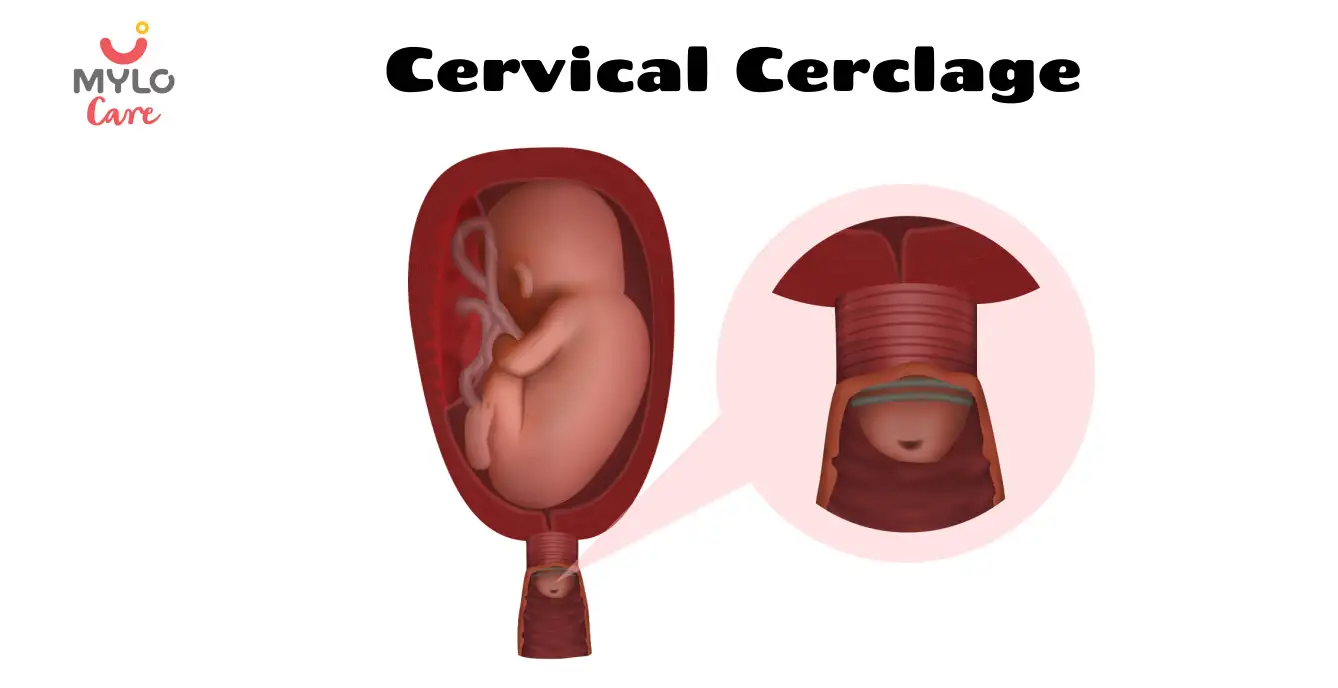
Negative Commerce Content
Things Not to Do After Cervical Cerclage for a Healthy Pregnancy

Pregnancy Precautions
When to Stop Bending During Pregnancy?

Symptoms & Illnesses
Pain in Anus During Pregnancy: Your Guide to Causes and Cures
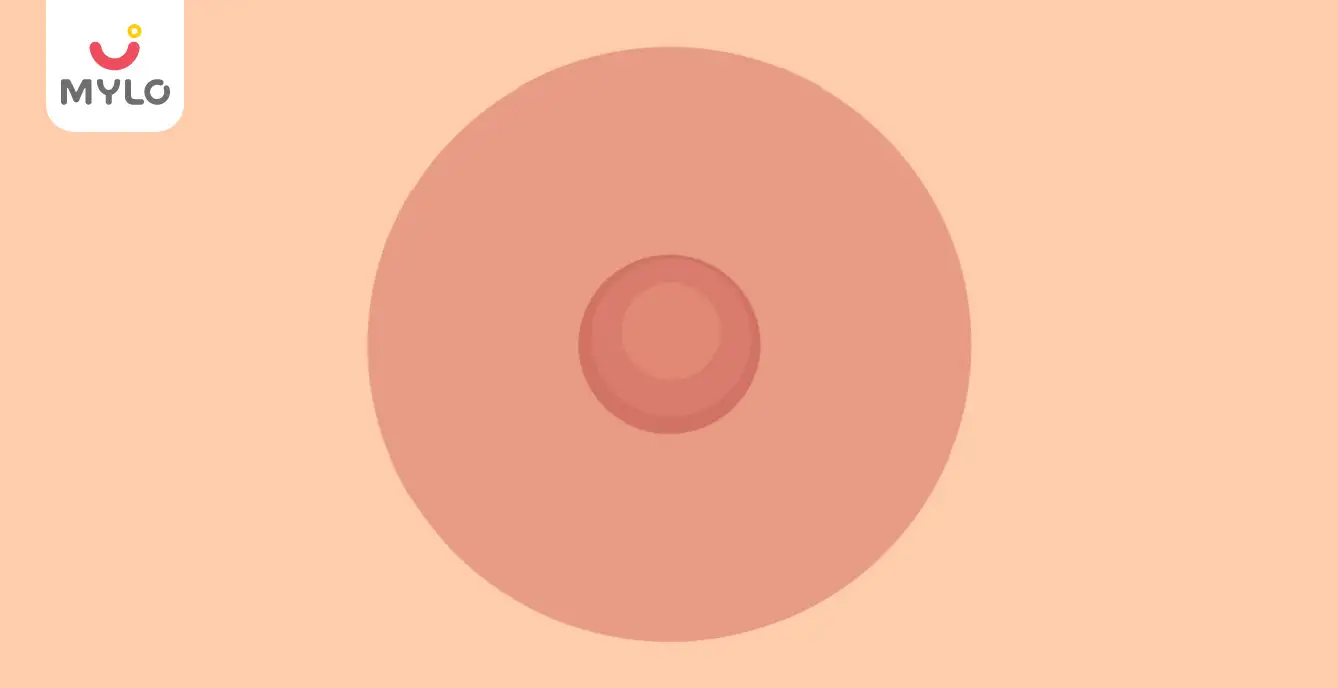
Breast Changes
White Spots on Nipple: Normal or Cause for Concern?

Announcements & Celebrations
Blessed with Baby Boy: 50+ Ways to Announce Your Baby's Birth
- Brown Discharge During Early Pregnancy: Understanding the Causes & Next Steps
- When Can I Start Bending After C-Section: Expert Insights on C-Section Recovery
- 18 Foods That Can Cause Miscarriage: A Guide to Avoiding Harmful Foods
- 9 Week Ultrasound: What to Expect & What are the Red Signals?
- Drumstick During Pregnancy: The Ultimate Guide to Benefits & Side Effects
- How to Avoid Pregnancy After Missing Period Naturally?
- 1st Birthday Wishes for Nephew and Niece That Tug at the Heart
- The Ultimate Collection of Baby Boy Names in Telugu
- Navel Displacement: The Ultimate Guide to Causes, Symptoms & Treatment
- Top 10 Thriller Movies on Hotstar for Edge-of-Your-Seat Excitement
- 10 Best Pakistani Dramas of All Time
- Ear Infection During Pregnancy: Understanding the Risks and Remedies
- Freezing Sperm: Preserving the Possibility of Parenthood
- The Ultimate Guide to Ghee Massage for Babies


AWARDS AND RECOGNITION

Mylo wins Forbes D2C Disruptor award

Mylo wins The Economic Times Promising Brands 2022
AS SEEN IN
















- Mylo Care: Effective and science-backed personal care and wellness solutions for a joyful you.
- Mylo Baby: Science-backed, gentle and effective personal care & hygiene range for your little one.
- Mylo Community: Trusted and empathetic community of 10mn+ parents and experts.
Product Categories
baby carrier | baby soap | baby wipes | stretch marks cream | baby cream | baby shampoo | baby massage oil | baby hair oil | stretch marks oil | baby body wash | baby powder | baby lotion | diaper rash cream | newborn diapers | teether | baby kajal | baby diapers | cloth diapers |




